

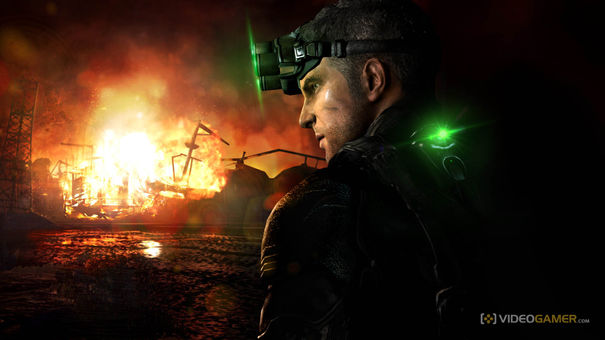

There was a time when Splinter Cell was easy to work out. It was a stealth game, pure and simple. On top of that, it was one of the standouts in the genre, the wonderful Chaos Theory providing proof - if any were needed - that when done right, creeping around in the dark could be as entertaining as anything else in gaming.
And then Double Agent happened.
It was the game that started, for my money, to lean on Sam Fisher a bit further in terms of narrative and who he was as a person ('oh, no! My daughter!' etc.). Inevitably, cracks started to show in Splinter Cell's, to that point, unreservedly proud stance of what it was. Despite playing Double Agent on four different consoles (for reasons that need never be revealed), I still thought there was something to it and, more importantly, stealth remained king. The story always threatened to get in the way a tad, and it was certainly worse than its predecessor, but while Sam had been given a makeover, the game's core remained, more or less, the same.
It was a sign that Ubisoft thought it had to do something a bit different with the franchise, though. Coming out a year before the first Assassin's Creed - meaning those working on Splinter Cell were more than aware of what was in the pipeline - Double Agent felt like a game that wanted to develop other ideas within the same frame, not rigidly stick to a predetermined formula. It's a thread that runs through all of the Paris-based publisher's titles: be it the aforementioned Creed, Watch Dogs or even The Division, they all have similarities in some fashion, even if the focus shifts when it comes to different core templates.
This meant Splinter Cell had to change, and although killing off 'Hobo Fisher' was a very smart move, the resulting entry, Conviction, was still a sign of the times. New gameplay elements such as 'Mark & Execute', and the introduction of a very specific cover mechanic, rubbed a lot of fans the wrong way. It seemed like an attempt to appeal to a bigger market - which it was - and as such the stealth aspects felt diluted.
There was always going to have to be some sort of compromise: more people and more varied playstyles needed to be catered for, so allowing players to shoot their way out of a situation when it all went wrong - or, at least, rely on their guns more than before - meant other areas had to be tweaked.
The reaction, predictably, saw long-term players rail against the changes, with many seeing Splinter Cell as now an action game with stealth elements, rather than the other way around. It still built its foundations on what most of us had become accustomed to, but it had undoubtedly changed.
That wasn't, however, necessarily a bad thing. The new combat systems were a lot of fun to fool around with, and the attention to detail in terms of presentation made Sam Fisher far 'cooler' than he had been in the past. Had Ubisoft Montreal been watching a lot of 24? Probably, but there was a lot to appreciate, especially the excellent (and very underrated) co-op campaign.
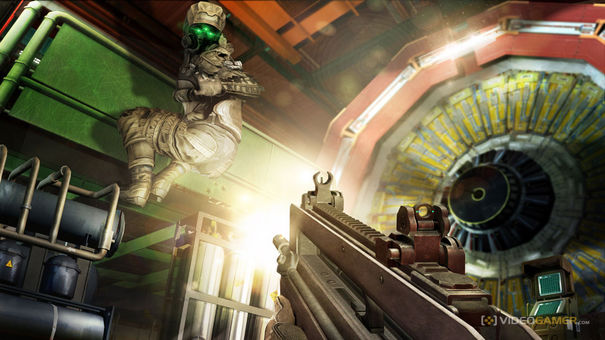
This brings us to Blacklist: a game that seems desperate to claw back its stealth credibility. That was always going to be a tough job to pull off given the only real way to silence the doubters was to, yet again, completely embrace the ways of the shadow. To its credit, Sam Fisher's latest does this, and does it far better than Conviction in terms of not continually falling back into bullets and explosions. When you've got a section in a gunship, though, which you then top off with a sprinkle of FPS-action, you have to know you're going to raise a few eyebrows in the process.
Such decisions, for me, anyhow, are the right ones - Blacklist has carefully layered its covert operations with sections that come out and smack you in the face. Admittedly they don't always work - on occasion the momentum is scuppered as things break down into a shoot fest - and the story is absolute gibberish, but it feels like one big calculated move, rather than hitting the panic button.
The problem, then, comes in how Ubisoft is selling the game. While its marketing continues to beat the stealth drum - which is obviously a significant portion of the game - the publisher is missing out on the other facets it obviously believes are now part of a Splinter Cell game's make-up. Probably terrified of upsetting the status quo, it has stuck with an advertising message that would've fit Pandora Tomorrow. That's not what's being released here, and so the risk is you disappoint the people you're trying to impress when they inevitably realise it's not the dream they were hoping to have.
Sam Fisher is now an action hero, surely made all the more clear by the fact he is in control of Fourth Echelon rather than taking ridiculous commands he used to ignore anyway. He's the focus, he's making the decisions and, dammit, he's going to do it as seriously as he possibly can. Silly? Yes. A little cynical? Indeed. But it doesn't dilute the gameplay, and it definitely doesn't deserve to be ignored.
There are systems here that are genuinely impressive. As the next-generation toys with making persistent worlds its poster child for the next decade, Splinter Cell has weighed in with its own version. Shaped by Ubisoft's vision across other titles in its portfolio, having multiplayer and co-op missions highlighted on the same map as your single-player objectives not only lends weight to their existence - these aren't 'tacked-on' modes - but actively encourages people to play online. This is tremendous when it comes to the underappreciated gem that is Spies vs Mercs, as it's where Blacklist will receive its longevity and where all players should turn their attentions to first.
While the COD-esque loadouts and upgrades will lead to a few sighs - it's still a very good way in which to keep people playing - the framework remains so well-designed that it's reason alone to invest. So confident in what it's trying to sell, you'll only get the most out of it should you buy into and obey its every rule. Run around like a maniac and you're dead. Patience and tactical thinking, if you can believe that, are key.
Ultimately, the time has simply arrived where we have to accept that Splinter Cell has moved on. It's an obviously touchy point where both publisher and consumer are concerned - it's almost like no-one addresses the issue head-on; the days of the first three games are, arguably, long gone. The new Sam Fisher may be the most stereotypical man in the gaming stratosphere, but at least what he does is entertaining, if a little loud for some people's tastes.
Now just bring back Michael Ironside, eh?
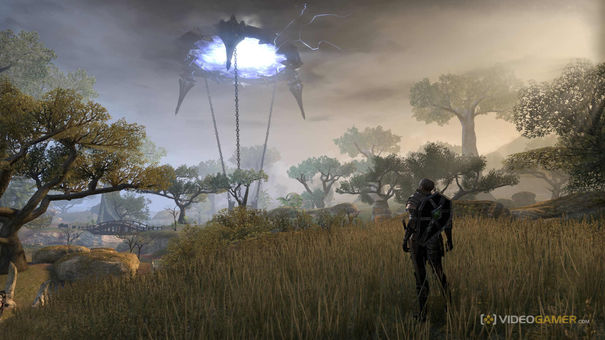
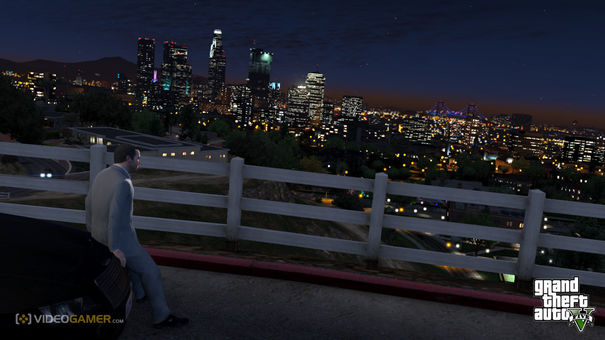
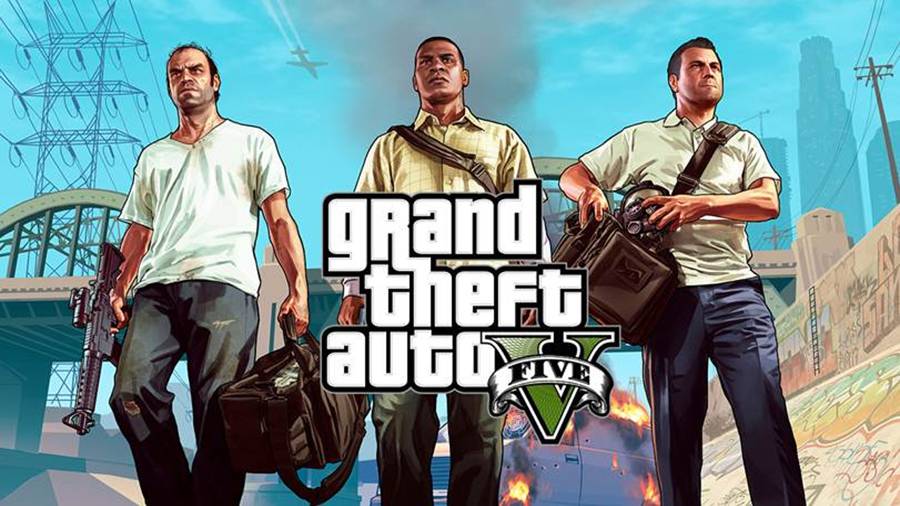
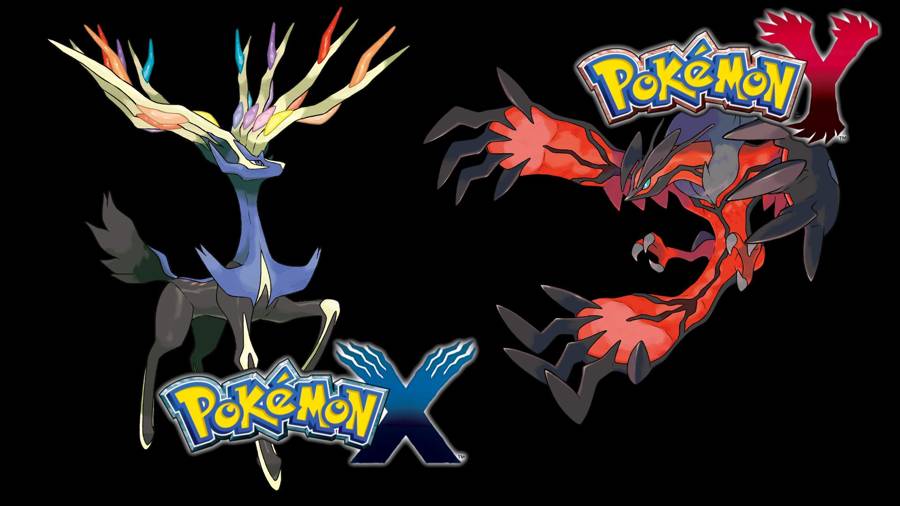
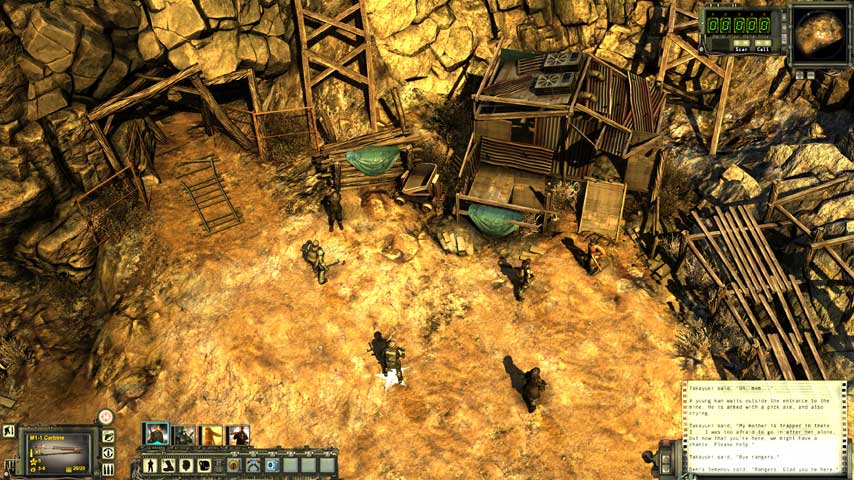 Wasteland 2 guide: choosing your team
Wasteland 2 guide: choosing your team Torchlight 2: Fire and Spark Mage Engineer Build Guide
Torchlight 2: Fire and Spark Mage Engineer Build Guide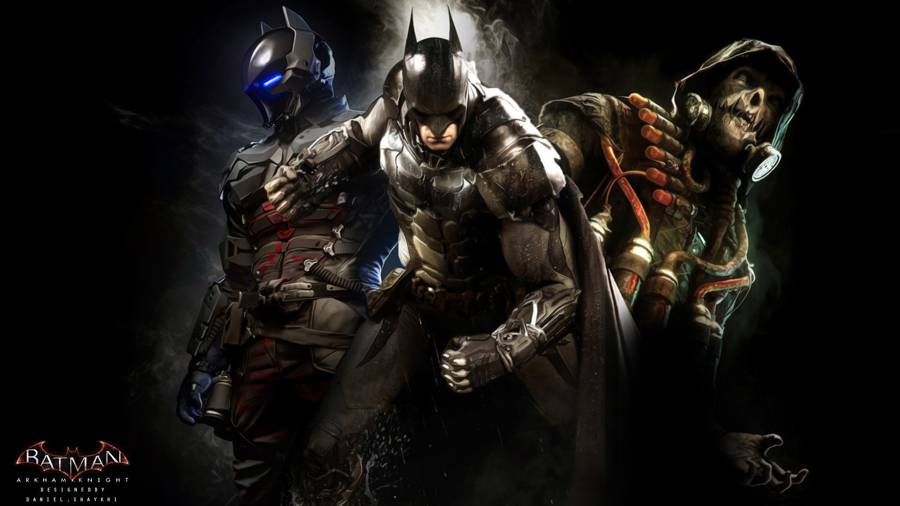 Batman Arkham Knight Guide: Two-Faced Bandit Guide
Batman Arkham Knight Guide: Two-Faced Bandit Guide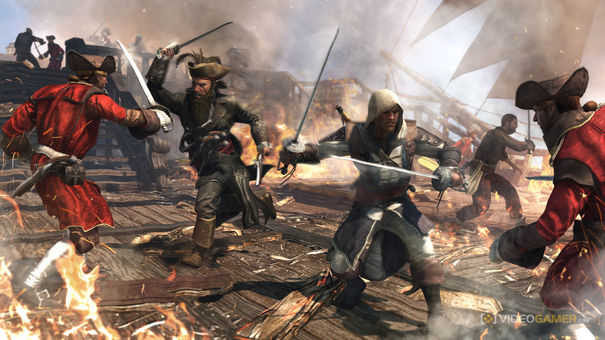 Assassins Creed 4: Black Flag
Assassins Creed 4: Black Flag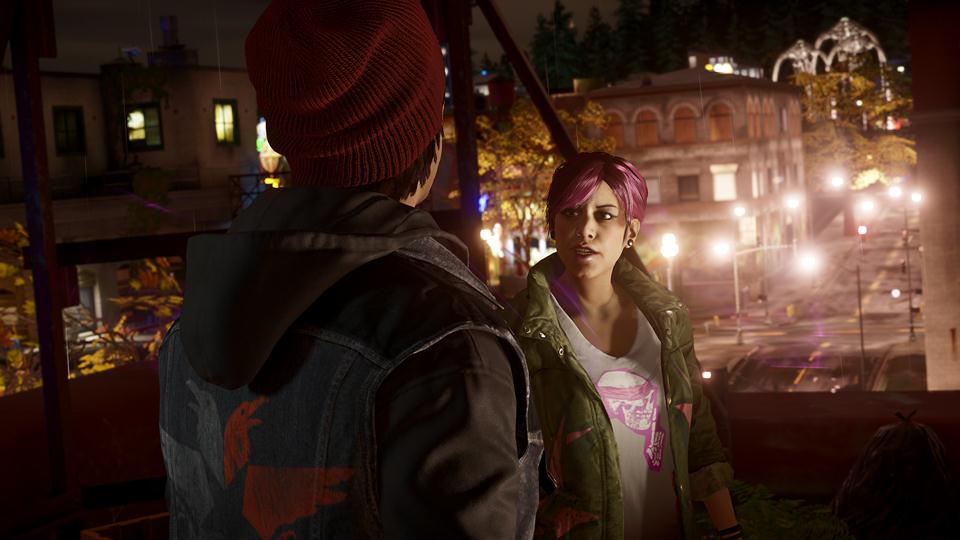 inFamous: Second Son – Chasing the Light, all photo locations
inFamous: Second Son – Chasing the Light, all photo locations